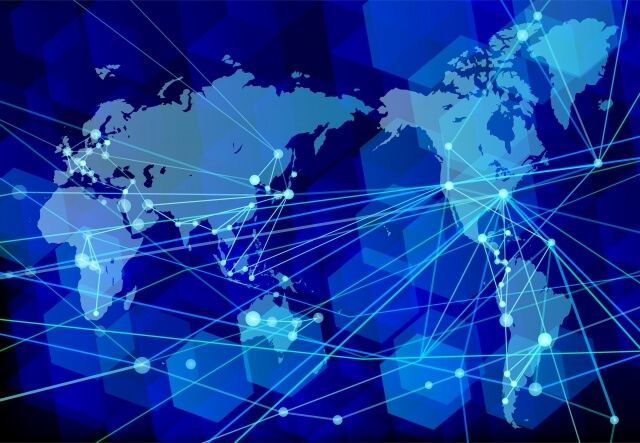What partnerships has the United States done to advance supply chain resilience? What follows in USTR’s response in this regard.
The supply chain encompasses all processes and activities related to the production and distribution of goods and services.
In 2023, USTR continued to work with interagency partners to identify trade-related initiatives that can support the Administration’s principles for supply chain resilience: transparency; diversity, openness, and predictability; security; and sustainability.
USTR is a member of the White House Council on Supply Chain Resilience, launched by U.S. President Joe Biden in November 2023.
In addition, USTR and other agencies worked with trading partners to develop approaches to mutually strengthen critical supply chains.
It does this through the Indo-Pacific Prosperity Economic Framework (IPEF), the U.S.-Japan Trade Partnership, the U.S.-EU Trade and Technology Council, the Partnership of the Americas for Economic Prosperity, and other bilateral and regional trade initiatives, as well as the G7 and G20.
Supply Chain Resilience
In February 2023, the United States, Canada and Mexico established a trilateral Emergency Response Subcommittee under the T-MEC Competitiveness Committee to coordinate North American efforts to maintain regional trade flows during emergency situations.
Next, the United States and the European Union established in May 2023 an early warning system for semiconductor supply chain disruptions under the U.S.-EU Trade and Technology Council.
In November 2023, the United States and its partners signed the IPEF Agreement on Supply Chain Resilience.
This agreement provides partners with new tools to build diversified and competitive supply chains for critical sectors, better prepare for and respond to supply chain disruptions through emergency communication channels and joint crisis simulations, as well as promote workers’ rights throughout supply chains.
China
In addition, USTR continued to work with trading partners to address non-trade policies and practices that contribute to overcapacity and single-sourcing of key strategic products, distort global markets, and undermine supply chain diversity and security.
For example, in 2023, the United States and the European Union exchanged views and information on these policies and practices in China‘s medical device sector and their adverse impact on U.S. and EU workers and companies, and coordinated joint actions in response to these policies and practices.

